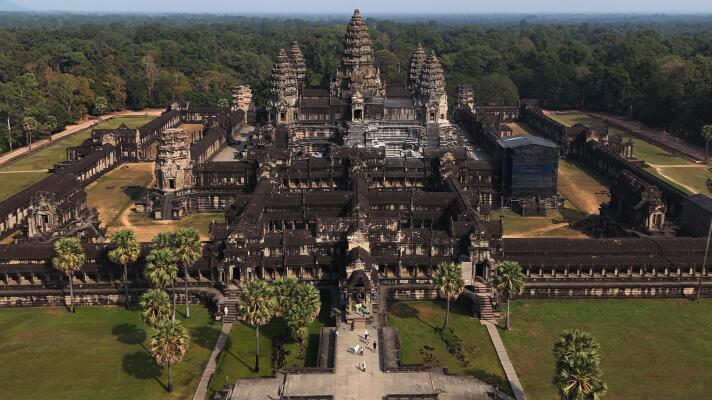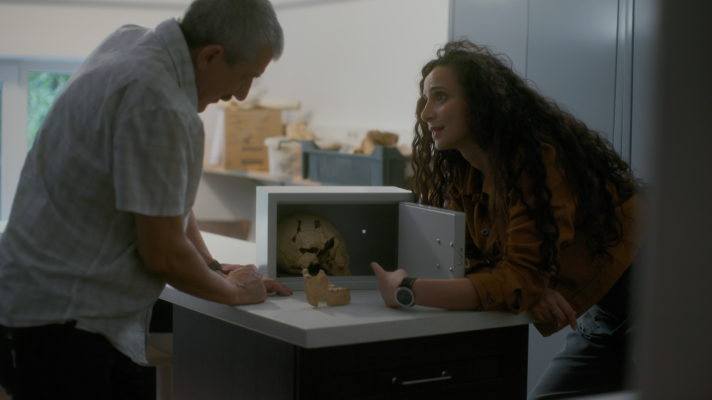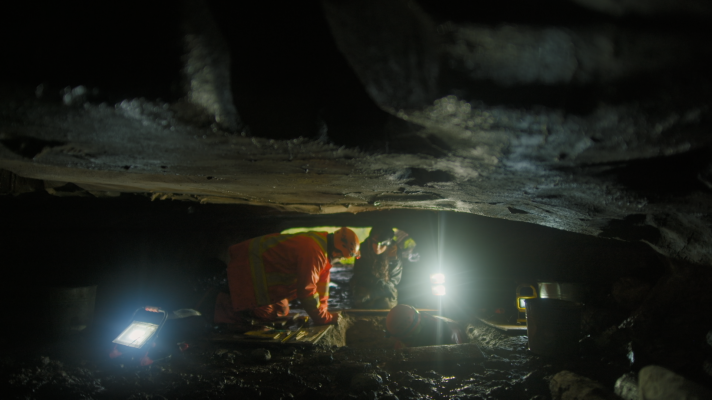Episodes
Trace human development from embryo to newborn through stunning microimagery.
Episode:
S28
E16
|
53:56
Combining the laws of the universe in one theory that explains it all is the Holy Grail
Episode:
S30
E12
|
52:55
Do miniscule vibrating strands of energy hold the key to a unified theory of physics?
Episode:
S30
E13
|
52:56
Will experimental particle physics confirm the wild predictions of string theory?
Episode:
S30
E14
|
53:06
The story of how African-American Percy Julian defied the odds to become a famous chemist.
Episode:
S34
E3
|
1:52:42
We are on the verge of answering one of the greatest questions in history: Are we alone?
Episode:
S38
E13
|
1:43:15
It defines our lives, but what is time really? Have a look into its true nature.
Episode:
S38
E17
|
53:40
Take a wild ride into the quantum realm, where even the impossible seems possible.
Episode:
S38
E18
|
53:40
Is our universe unique, or could it be just one in an endless "multiverse"?
Episode:
S38
E19
|
53:10
A two-hour special from the producers of "Making Stuff"
Episode:
S39
E6
|
1:53:49
Australia’s landscape holds clues to Earth's early history and the beginning of life.
Episode:
S40
E9
|
54:10
Fossils reveal how life’s explosion in the ocean was recreated on dry land.
Episode:
S40
E10
|
54:10
Extras
New evidence sheds light on the remarkable life—and mysterious collapse—of the ancient jungle city.
Preview:
S53
E2
|
0:30
What if violent asteroid impacts actually jump-started life on Earth? Explore a dramatic theory.
Preview:
S53
E1
|
0:30
Adam Riess takes us inside the discovery of dark energy.
Special:
1:16:19
Early humans may have brought offerings to this enormous stone snake.
Clip:
S52
E12
|
2:41
In a remote cave, in North West Africa, a chance discovery uncovered some mysterious human remains.
Clip:
S52
E12
|
2:50
These monkey bones showed that early humans could thrive in the rainforest.
Clip:
S52
E13
|
2:54
Ancient bones reveal that early Homo sapiens and Neanderthals didn’t just coexist.
Clip:
S52
E14
|
2:59
Inside the Tunnel of Bones, a macabre Neanderthal mystery unfolds.
Clip:
S52
E14
|
2:59
This form of bear hunting took nerves of steel.
Clip:
S52
E15
|
3:06
A small piece of insulation caused catastrophic damage.
Clip:
S52
E19
|
1:35




























